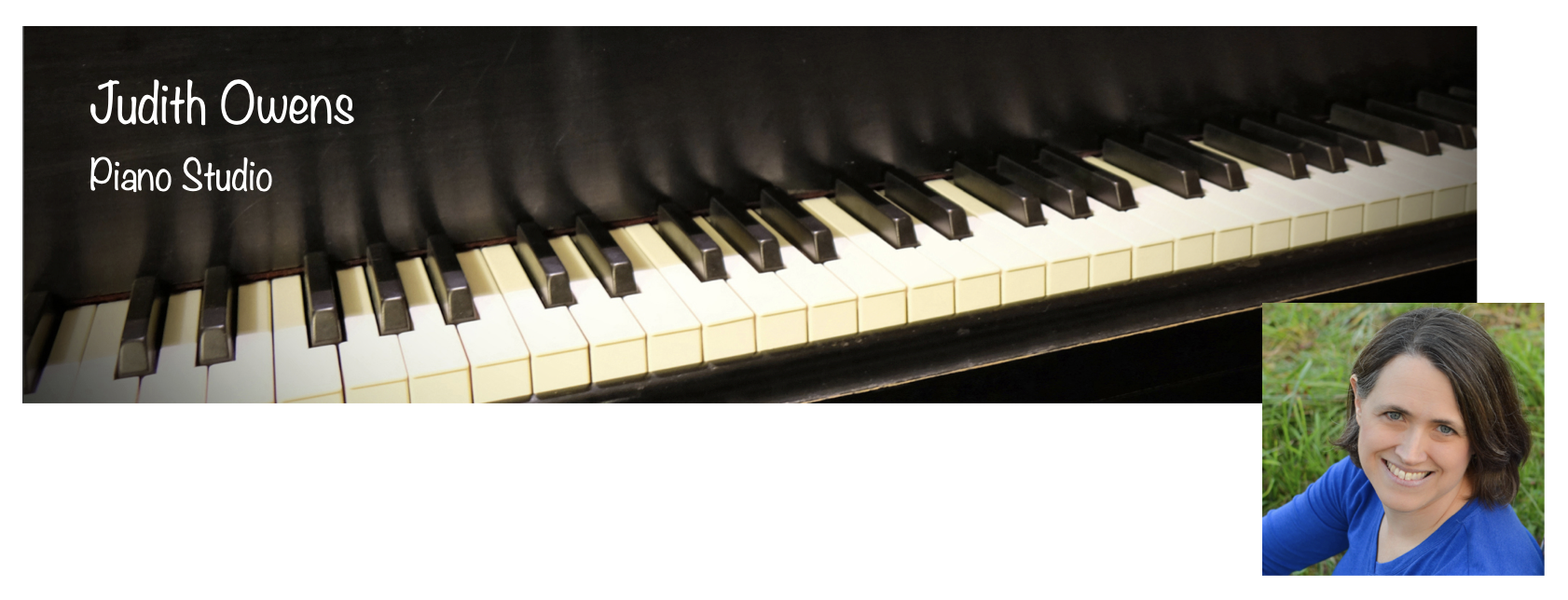Why do parents need to be involved in their child's practice?
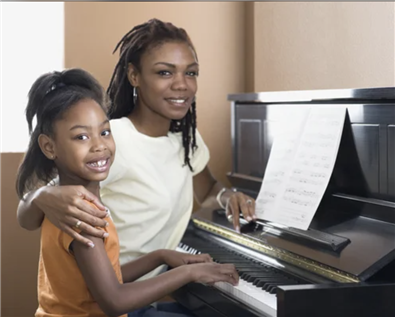
Parents are busy people with a lot of demands on their time and many different hats to wear. Because of this, it's tempting to think children should be able to practice by themselves without too much parent involvement.
But consider how many of your child's daily activities you are involved in, and how much more complicated piano practice is. You'll see how vital it is that you become your child's piano practice coach.
You don't need to do the work for them, and you don't need to be better than them at playing the piano. (How many football coaches would actually be able to keep up with their young players?) But you do need to bring your adult organization and logic to the practice room, as well as a cool-headed outside perspective.
If you show a genuine interest in your child's practice, and your excitement at spending time with them at the piano, this can be a fun part of your daily routine and even a bonding experience. Enthusiasm is contagious. Your child will have a much better attitude towards practice if you do, too!
What's the best time of day to practice?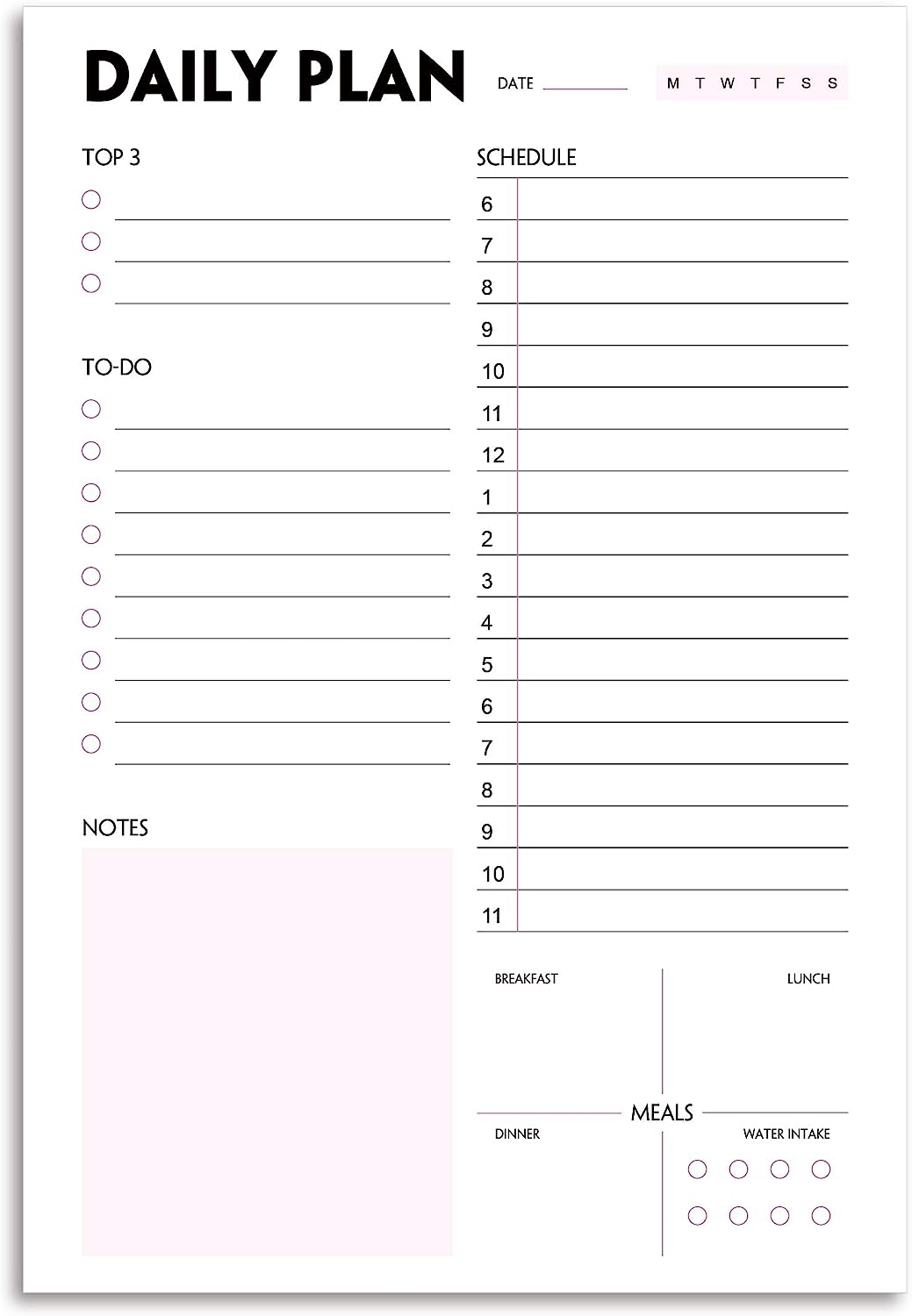
It depends largely on each family's schedule, but it's important to establish a predictable, routine practice time. The most successful approach is usually to tie it to another daily activity, such as:
• Directly before breakfast in the morning
• After finishing homework in the afternoon
• While dad's making dinner in the evening
Practice should also be at a time when your child is most alert. If they're supposed to practice after homework but are always exhausted by that point, you're more likely to have a battle on your hands and their practice will be less effective.
In addition to the daily practice routine, there's one important weekly routine activity: Reviewing the practice notes and discussing what we did in the lesson. Ideally this should be done just after your child gets home from their piano lesson, when everything is still fresh in their mind. A quick 5-minute verbal review with the practice sheet as a guide makes a huge difference to the stickiness of what was covered at the lesson.
Create a good practice environment

An often-overlooked thing is the environment around the piano. Try to make the piano area free from distraction, and that there won't be conflicts with sibling's TV watching!
Notice the TV over the piano?? Not a smart placement of the piano at all!
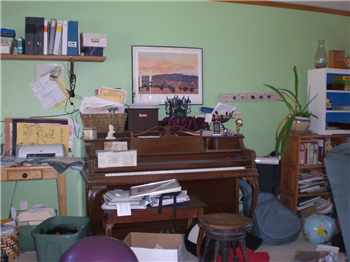
Try to keep the area around and on the piano and bench tidy. It's already hard enough to motivate the kids to practice when they don't have to move stuff off the bench to get started, right? In general, a clutter-free environment lessens stress and encourages productivity. Have a place for their piano binder & books to live between practices, such as a basket, bin, or tray. This helps keep things organized and simple to find during practice.
How long should practice take? 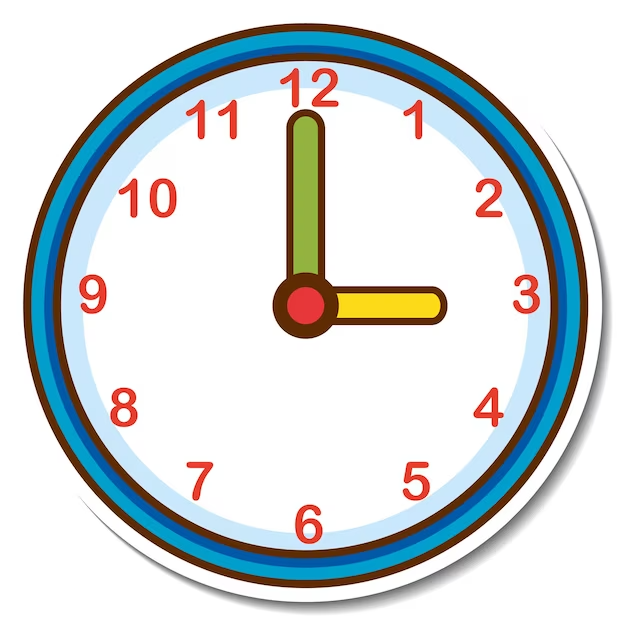
Rather than focusing on minutes, it's better to think about what gets accomplished during practice time. Check the assignment sheet at each practice. If those goals are being achieved successfully for all pieces and other assignments, then your child has practiced long enough.
If you still really want a general guideline of how long practice time might be, your child's age multiplied by 3 is a good guidepost.
Practice and playing - what's the difference?
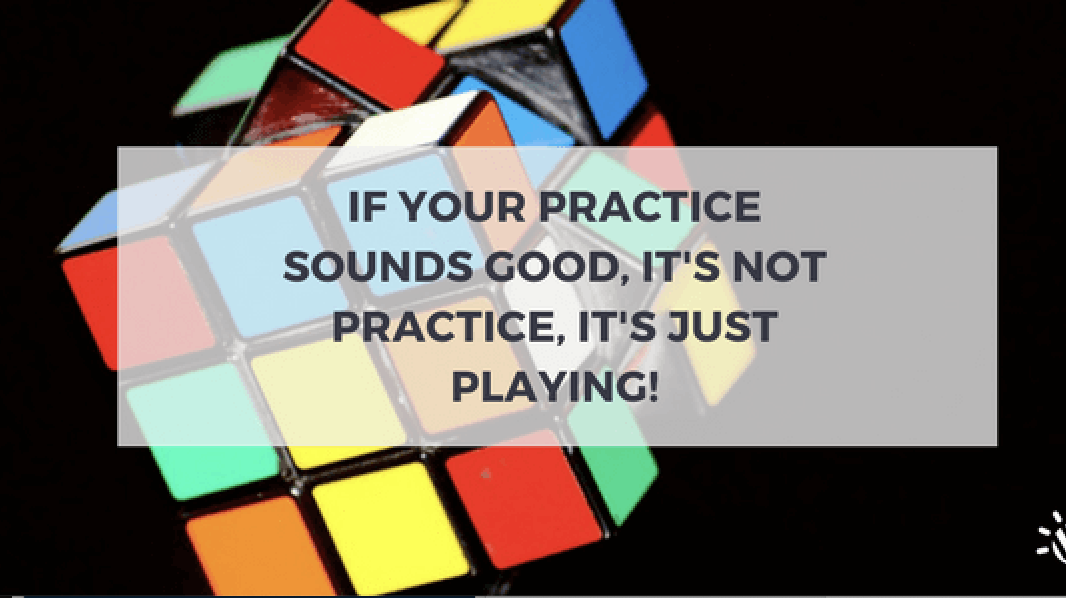
As lessons progress, it's important that students start to understand the difference between practicing and playing. If your child's piano practice sounds good all the time, they're not really practicing. They're just playing. Practicing means working on things you can't do yet. It should sound messy, not polished. It should be full of starts and stops, repetitions and silences for thinking time. Think of each practice session like a spring cleaning: It always gets worse and less tidy before it gets better. If your child is playing when they should be practicing, here are some ways to help:
Ask questions
Sometimes a simple question is all your child will need to get back on track, such as:
• What did your teacher want you to work on in that piece? Can you remember what you did in the lesson?
• You play that first bit beautifully! It sounds like it gets trickier around the middle though. How about working on that part on its own?
If this doesn't go over well, try getting your child to teach you about the piece. They'll love being the one in charge, and it will help them understand which parts they know well and which bits they don't.
Suggest strategies
Your teacher will sometimes suggest certain practice strategies or games to help students work out something specific in their pieces, so take a look at that week's practice sheet for those.
While the specifics of the practice techniques are useful, it's even more important that they make students think. Get creative yourself, or challenge your child to come with their own different and interesting ways to practice.
Create playing opportunities
Playing is important too! If your child is prone to noodling around on the piano when they're supposed to be practicing scales or pieces, save some time for this at the end of the practice session each day. You can also help them understand the distinction between playing and practicing by giving them opportunities to play their pieces, such as little family concerts or singalongs. This way, they can see why they're putting in all the hard work – to share music with others (and perhaps even show off a bit!)
What about when things get hard?
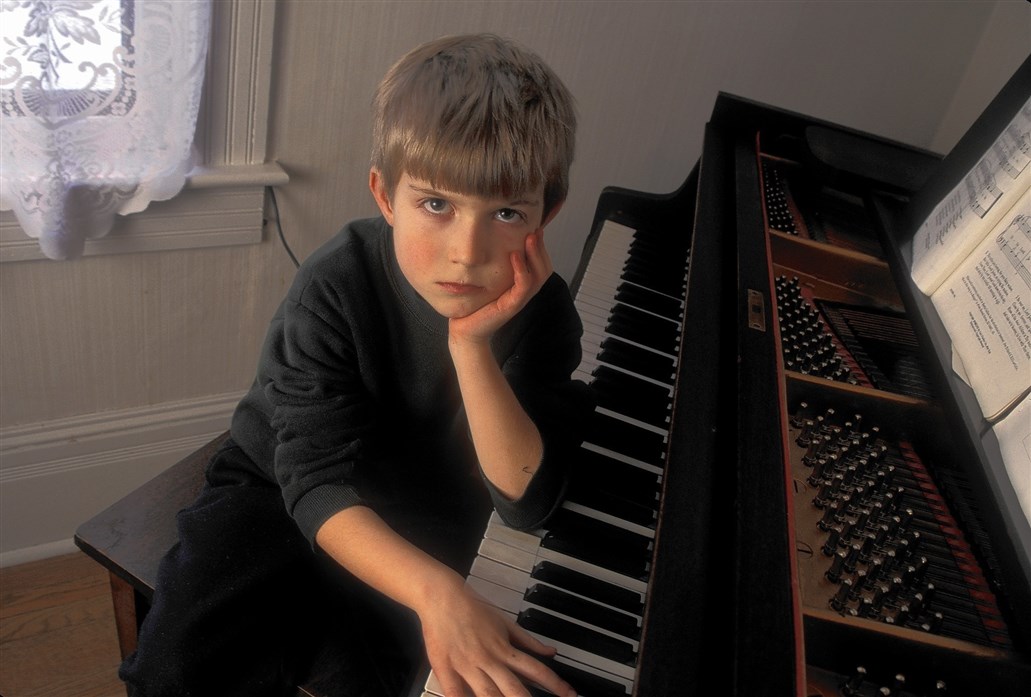
One of the benefits of piano lessons is that they can help your child to develop "grit" or "stick-to-it-iveness". (If you haven't seen them already, check out the TedTalks by Angela Lee Duckworth about grit and by Carol Dweck about growth mindset!)
On the flip side, there's a reason music lessons help develop this skill: Learning an instrument is hard. It takes years and years of dedicated practice to get good at playing the piano, and you're never done learning.
So what should you say when your child says something is "too hard!"or that they "can't do it!" during their piano practice? Here are some answers that might be helpful:
• You will be able to do it soon! (Combine with an example of something which used to feel difficult or impossible, but which they conquered in the end.)
• Point to the part that's the most frustrating. (It's normally not the entire part that's tricky, just one bit. If they can point it out, you can narrow the focus together and solve the problem.)
• What would it sound like if...? (Give silly suggestions such as playing the piece like a walrus or like their favorite cartoon character.)
Any time something really is too hard, I come back to the three Ss: Slowly, sections, separately.
1. Slowly is first, because that's normally the culprit – most students practise far too fast! If they heard a professional pianist practising they would be shocked at how slowly they go. Try saying things like "let's try half of that speed" or "snail speed" to encourage them to slow down more and more.
2. Sections is the next step. Split it up into smaller and smaller pieces until the task is manageable. (Even just a few notes at a time.)
3. Hands separately is the last resort, but perfectly fine to try if something is already as slow as it can be and the section is as small as you can make it, but it's still too hard to play.
If you ever find that your child is having a tough practice day because they're tired or just having an off-day in general, try one of these no-practice activities to maintain the practice routine:
* Play a favorite piece - any piece. It doesn't even have to be on their list right now.
* Improvise or experiment - just have some noodling time and see what sounds good.
* Ask them to teach you something.
* Choose a song or piece of music that neither of you have ever heard, close your eyes and listen to it. Then talk about what you ehard when it's over.
The right praise
 Carol Dweck and Angela Lee Duckworth's research (mentioned above) has also shown the effect different types of praise has on students. In particular, Carol Dweck has looked at the difference between praising intelligence and praising effort. She has shown that children praised for their intelligence immediately opt for less challenging work and shy away from difficult tests.
Carol Dweck and Angela Lee Duckworth's research (mentioned above) has also shown the effect different types of praise has on students. In particular, Carol Dweck has looked at the difference between praising intelligence and praising effort. She has shown that children praised for their intelligence immediately opt for less challenging work and shy away from difficult tests.
Here's an example of this praise in the context of piano:
• Intelligence/talent praise: "Wow, you played that piece beautifully! You're such a natural at this!"
• Effort praise: "Wow, you played that piece beautifully! I remember when you started that and found it really challenging. You've clearly put in a lot of work!"
This is a little tweak to the way we praise, but I've already found it to make a big difference in my teaching. I hope you'll give it a go at home, too.
- excerpt from "Piano Parent Practice Guide" www.vibrantmusicteaching.com
